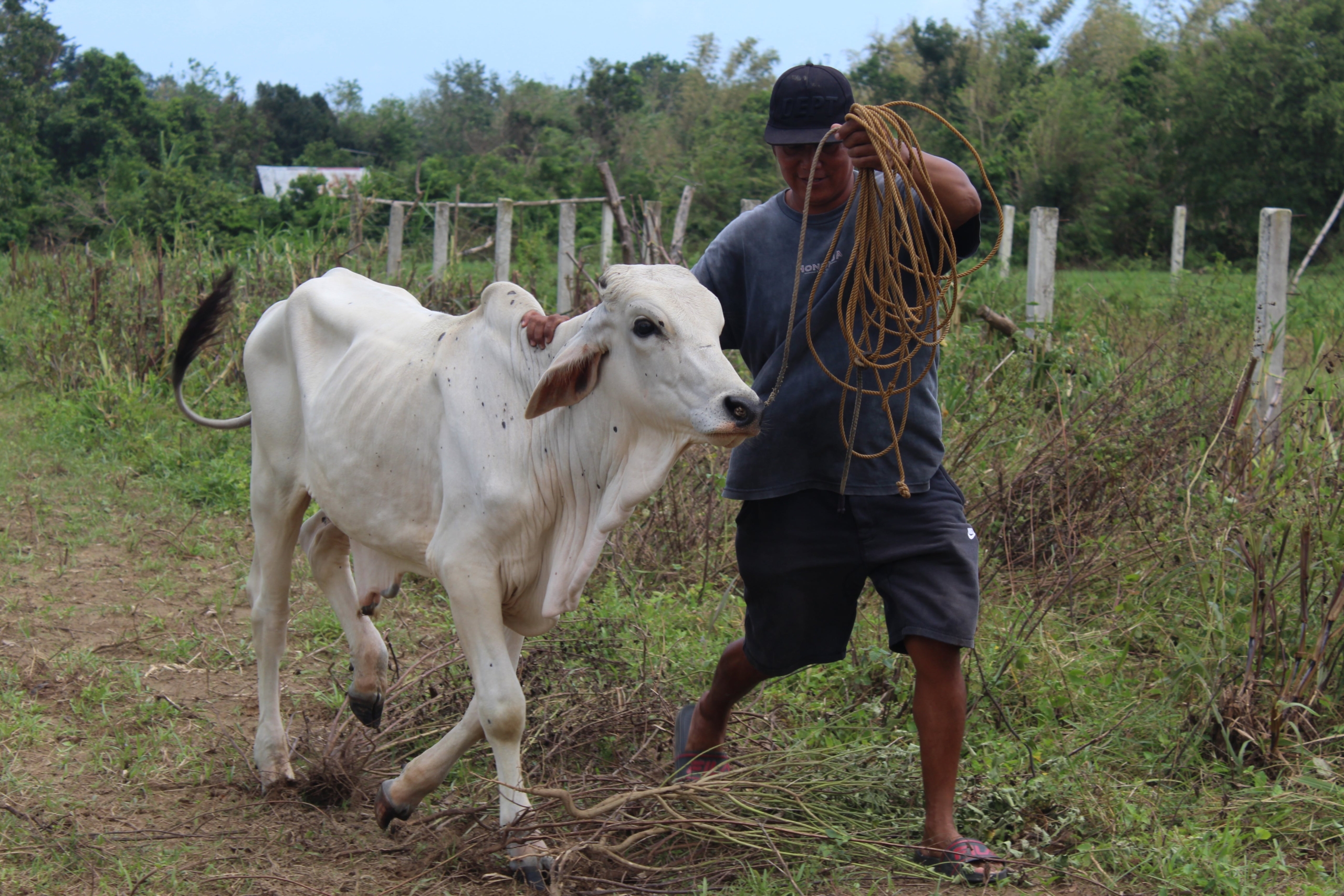Ripple Effect: The Organization Empowering Ugandans With Cows
 Uganda, with a population of around 50 million, has 70.7% of its residents living in rural areas. As of 2022, the unemployment rate was recorded at 4.8%, maintaining a relatively stable level since the early ’90s. Uganda heavily relies on three main sectors of work: agriculture, industry and services. Fortunately, the Gross Domestic Product (GDP) in these sectors experienced a 0.6% growth in the last year. Despite this recent increase, farming initiatives, particularly “the Ripple Effect,” have been implemented in Uganda since the mid-’80s and have been instrumental in supporting the population ever since.
Uganda, with a population of around 50 million, has 70.7% of its residents living in rural areas. As of 2022, the unemployment rate was recorded at 4.8%, maintaining a relatively stable level since the early ’90s. Uganda heavily relies on three main sectors of work: agriculture, industry and services. Fortunately, the Gross Domestic Product (GDP) in these sectors experienced a 0.6% growth in the last year. Despite this recent increase, farming initiatives, particularly “the Ripple Effect,” have been implemented in Uganda since the mid-’80s and have been instrumental in supporting the population ever since.
Ripple Effect: The Original Mission
Initiatives like “The Ripple Effect” have been implemented in Uganda to aid farmers and improve their quality of life. These initiatives provide families with cattle, such as cows, offering benefits like milk, meat, hides, manure for fertilizer and the potential for profit through the sale of the animals, effectively utilizing animals as assets. In Uganda, there are approximately 14.2 million cattle, along with millions of other farming animals, thanks to the efforts of numerous organizations.
The mission of “The Ripple Effect” was originally to address malnutrition among children in Uganda, as in 2018, malnutrition was affecting 24 million children in East Africa. Beyond providing food and drink to the animals, the initiative ensures financial security for farmers by facilitating the buying and selling of the gifted cattle. More specifically, smaller animals play a role in helping women in Uganda manage their savings and invest, enabling them to actively participate in their local community and contribute to its overall health and prosperity.
Recycling Back Into the Community
Through organizations like Ripple Effect (previously Send a Cow), cows are provided to local farmers who, in turn, contribute to their community. The initiative enables individuals to raise and nurture cows as assets and through breeding, they can then pass on cows to other farmers. This method sustains the rural economy, extending its impact beyond a single farming family. For every family assisted by the charity, three additional families benefit. As of 2020, “The Ripple Effect” had helped more than two million people across the continent, not limited to Uganda, through their agricultural support.
The Challenges and Vision for the Future
While the future appears promising for Ugandan farmers, challenges persist, particularly due to limited assistance and the remoteness of many communities. These rural areas are challenging to reach and the necessary resources may not be readily available to help them achieve their goals. Moreover, recent issues such as the COVID-19 pandemic and conflicts within the nation have further affected efforts to reach individuals in rural communities.
Despite the difficulties, the Ripple Effect is committed to helping the communities in need. The “Send a Cow” mission has been noticed and replicated by other organizations, such as the Livestock Project, with a mission to help those in need. The cows have pulled people out of hunger, poverty and malnutrition, which is a rife issue across Africa and the missions see no sign of stopping.
– Lily Thornhill
Photo: Pexels
